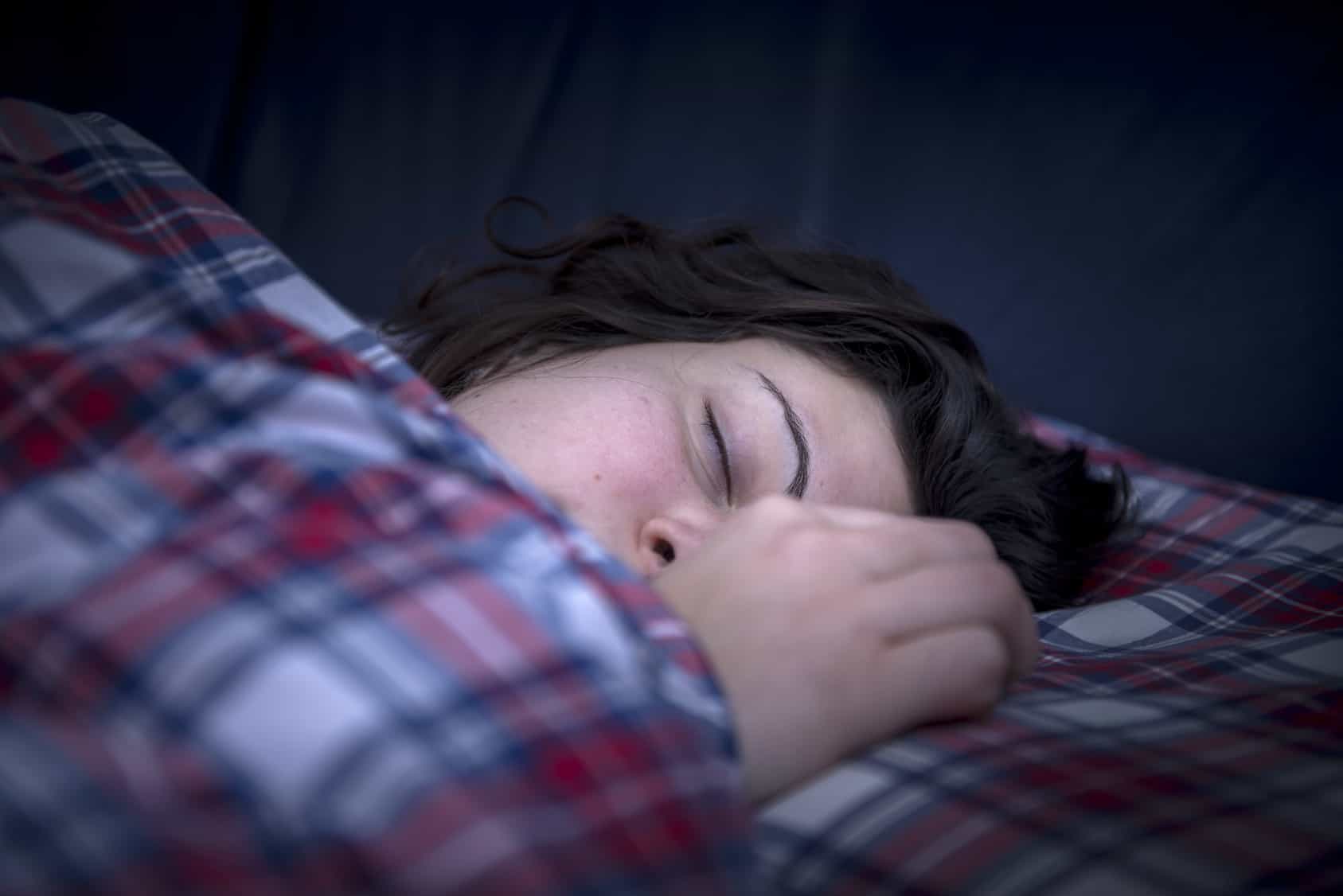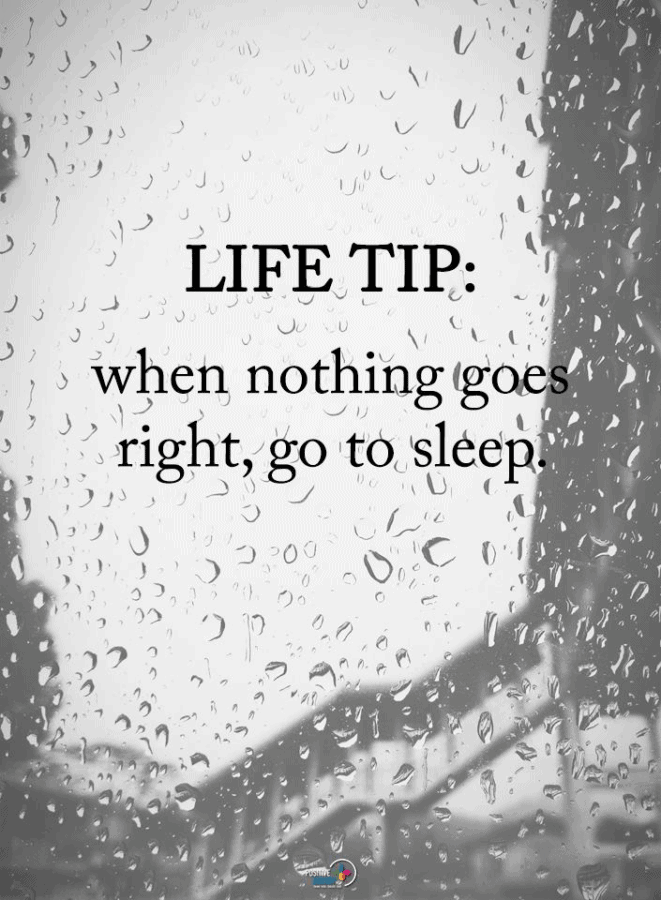Too many people stay up far too late on their digital devices. Of course, this comes at a very hefty cost to health. That’s because technology keep our brains stimulated at night. Therefore, it also can disrupt our sleep, even delaying it for hours past our bedtime. Bedrooms today become a den for games and entertainment, but not so much a good night’s rest.
Exposure to light at night might not seem like that big a deal to you, but remember that before the advent of modern technology, we basically had two lights guiding us at all times – the sun and the moon. These natural lights helped us to see during the day, and lull us to sleep at night. We became accustomed to these natural patterns, waking with the sun and falling asleep with the moon.
However, now that we’ve moved far away from nature. Consequently, we have an abundance of artificial lighting/ Although this light might help us get work done and see in places that have little sunlight, it damages our brains and overall health. Indoor lighting, of course, doesn’t compare to the power of the sun. But it actually emits more light than the moon and stars. This leads to poor sleep if we use artificial lighting too close to bedtime.

How Sleeping In Complete Darkness Can Improve Your Health
First, we’ll go over why using artificial lighting too close to bed can damage your health. Melatonin helps us to relax and get ready to sleep. However, the blue light from smartphones and tablets actually suppresses this hormone. Melatonin lowers blood pressure, glucose levels, and body temperature, which help us to prepare for a restful sleep.
With the proper amount of melatonin in your system, your cortisol levels will also remain relatively low. As a result, you will relax and get to sleep. However, artificial lighting actually raises your stress hormones at night, and frequent exposure can cause a plethora of health problems, including excess body fat, weight gain, inflammation, insulin resistance, and heart problems. It can also contribute to insomnia and even affect hormones responsible for the regulation of your appetite.
Power Down the Devices Early
So, by keeping your room dark at night, you not only will get to sleep faster and wake up feeling more rested, but you’ll also have a lesser risk of developing health problems due to excess nighttime light exposure.
In fact, studies have shown that light exposure before bedtime shortens melatonin duration by 90 minutes in comparison to dim light exposure. Furthermore, keeping lights on in the room while you sleep can suppress melatonin levels by more than 50%.
So, a good rule of thumb is to simply turn off electronics a few hours before bed, and dim the lights in your room. Make it a relaxing environment for sleep so that when bedtime comes, you actually feel like falling asleep.
If you still need more evidence to shut off your phones and bright room lights leading up to bedtime, a 10-year study of over 1,670 women exposed to bright light before bed found that they had a 22% greater chance of developing breast cancer compared to those who slept in complete darkness. The researchers concluded that hormone disruption due to melatonin suppression likely caused the cancer to develop.
Shift Work Might Also Cause Health Concerns
Furthermore, people who do shift-work have a higher risk of developing cancer as well. In some studies, researchers found that nurses who rotate overnight shifts have a greater chance of developing breast cancer compared to those nurses who work during the day.
Even dim light at night can causes issues, though. Chronic exposure to dim light in the evening leads to depressive symptoms in hamsters, such as drinking less sugar water that they normally would have interest in. When researchers took away the dim lights at night, they found the depression went away.
Chronic low light in the evening also disrupts the immune system response..
So, if you have night lights on, lights from your computer or phone, or even a street lamp outside, consider covering them with a blanket or getting black-out curtains for your windows.
Finally, exposure to lights before bed can lead to weight gain due to disruption in hormones and a shift in our biological clock which controls our eating times. In studies with lab mice, they gained more weight when exposed to light before bed despite exercising and eating the same amount as the mice who didn’t have light exposure.
Final Thoughts on How Sleeping in the Darkness Increases Health
Taken from research presented in this article, you will likely fall asleep faster due to an increase in melatonin levels, your blood glucose levels, and your blood pressure will decrease. Additionally, you decrease the chance of developing serious diseases such as cancer, heart disease, and diabetes. Finally, you’ll wake up feeling more rested. So if you have insomnia, sleeping in darkness and turning off lights a few hours before bed could help tremendously.
















